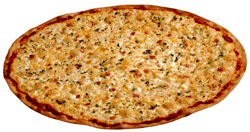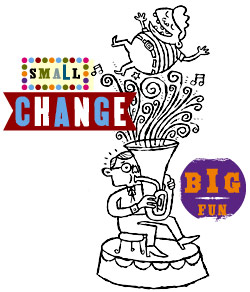Although I didn’t tell shiatsu master YASUO MORI that I was a journalist when I first went to visit him, he could tell I came seeking knowledge. While he firmly held my feet in his hands, he told me about his life and his practice—how he studied shiatsu in his native Japan; struggled to establish his business in Seattle in the ’70s; eventually managed a thriving studio in a downtown spa; and then scaled back to the small, personal practice he runs now at the Sorrento Hotel. Later he apologized for his talkativeness. “I don’t usually talk so much,” he said. But somehow he intuited why I had come.
For Mori, massage therapy is less about massage than about therapy— a salubrious treatment of the body, mind, and spirit. In addition to shiatsu, he has studied macrobiotics and Japanese folk medicine. He is a healer by nature. He has a quiet yet open demeanor that inspires trust. “It’s not just massage,” Mori says. “I listen.”
On your first visit, he will sit you down and ask you some questions about your health and your life. What happens next depends on your circumstances, but your first massage could be expected to look and feel something like this: After donning a Japanese robe, you enter a room outfitted with futonlike cushions and tatami mats. Plucked strings play quietly in the background; the lights are dim. Mori instructs you to lie on your back and continues asking questions. While you talk, he presses—first your feet and legs, then your hands and arms, your neck, your scalp.
Unlike Swedish massage, he uses no oil, and you remain clothed in a robe throughout. While Swedish masseurs stroke the muscles horizontally, shiatsu practitioners apply pressure straight down on the meridians—channels of energy circulation that connect the interior of the body to the skin, as Mori explains. The touch may be so light that you hardly feel anything is happening at all, but afterward you can feel your blood (or is it your chi?) flowing, and you are calm and energized.
Some clients come to Mori simply to maintain a healthy outlook; others seek relief from pain or other chronic conditions. And some are looking for succor as they face cancer. Of this last group, says Mori, “They come, and before they die—10 days, or a month—they are at peace.” Sorrento Hotel, 900 Madison St., 206-464-0757, www.shiatsuyasuomori.com.






